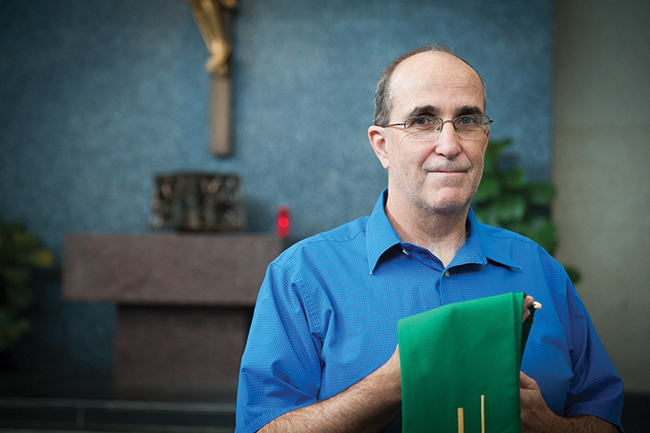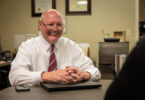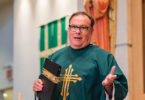
by Leon Suprenant
A welcome focus of Vatican II (1962-65) was its emphasis on the lay apostolate, especially the laity’s participation in the mission of Christ, who is priest, prophet, and king (Catechism of the Catholic Church, 897).
So all the baptized are in some sense “priests.” Our first pope affirmed that the church is a veritable kingdom of priests (cf. 1 Pt 2:9). Yet over time, the church understandably came to identify the priesthood exclusively with ministerial or “ordained” priests, which could have the tendency to minimize the “priestly” role of the rest of us.
It is true, as Vatican II affirms, that the priesthood of the faithful and the ministerial priesthood “differ from one another in essence and not only in degree.” The “biggie” is that only ordained priests act in the person of Christ at Mass, bringing us the Eucharist, not to mention the healing graces of the sacraments of reconciliation and anointing of the sick.
In affirming the “priesthood” of the rest of us, Vatican II was by no means denigrating the unique importance of ordained priests. Rather, the council fathers were reminding the laity of our own baptismal dignity and mission.
An integral part of that is our uniting our own sacrifices with Christ’s sacrifice at the Mass. St. Paul urges us to “offer [our] bodies as a living sacrifice, holy and pleasing to God, [our] spiritual worship” (Rom 12:1).
That explains why, during the preparation of the gifts at the Mass, the priest turns to us and says, “Pray, brothers and sisters, that my sacrifice and yours may be acceptable to God, the almighty Father.”
Priests are all about offering sacrifice. When we “offer up” our prayers, works, joys and sufferings in union with Christ, we are performing a priestly service. We can readily see how this opportunity can invest every seemingly insignificant thing we do with tremendous redemptive value.
I am not a firefighter. Yet, if I encounter a fire in my home or neighborhood, I will do my best to put it out on my own if I can, even before the firefighters are summoned or arrive on the scene. Notice that this does not bestow on me the role or “office” of firefighter. Yet, by being a good member of the community, I am complementing the singularly valuable role of the firefighters, and by no means replacing them.
A similar dynamic is at work with the lay faithful, as we extend the graces received in the sacraments into the nooks and crannies of society — beginning in our homes.
I believe that a similar dynamic is at work with the diaconate. In my next column, I will examine how all the baptized are called to be deacons.






